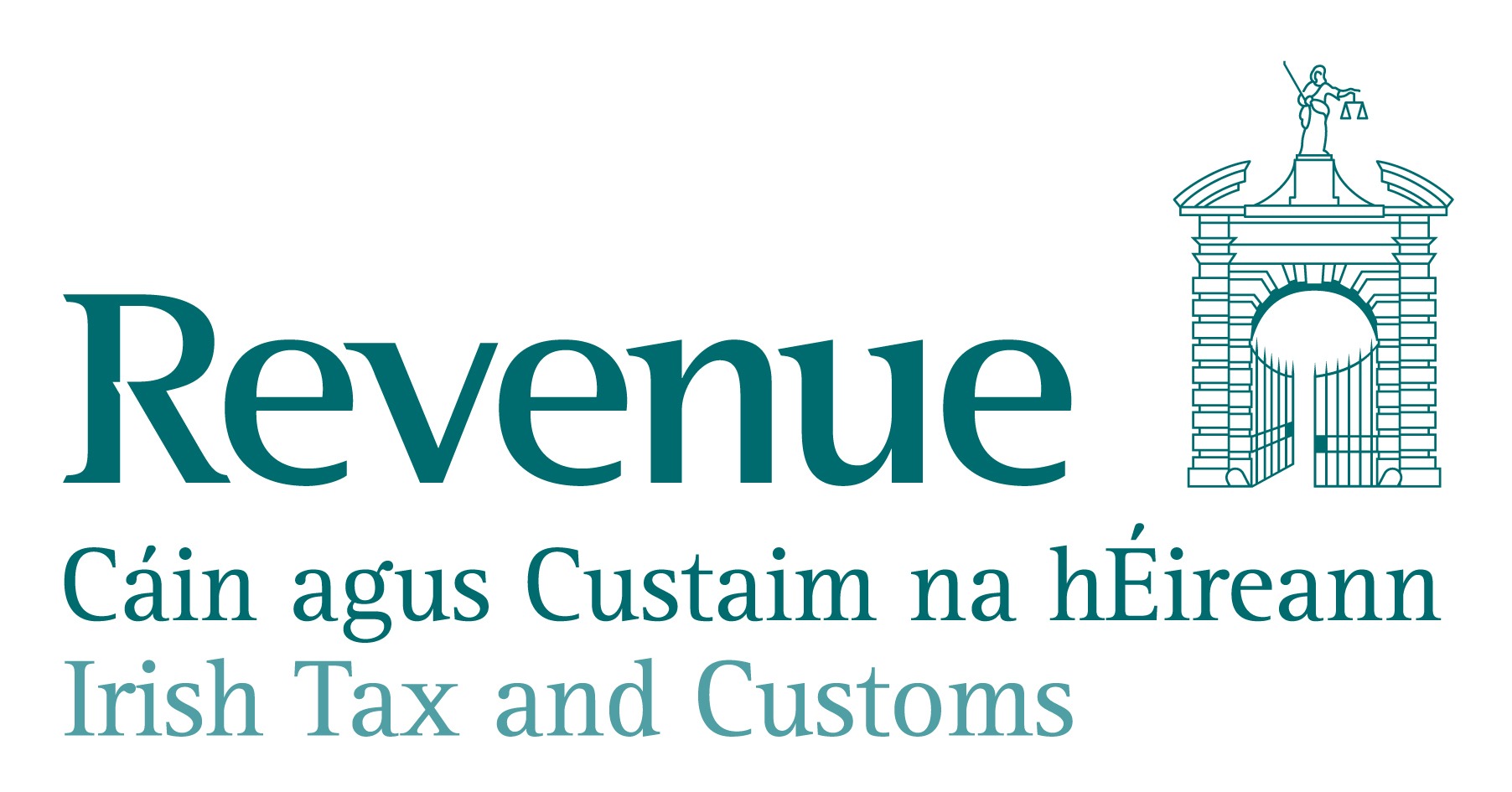In the brief video attached I want to highlight some of the many tax implications that will arise for preparers of the first financial statements under the new Irish GAAP for the calendar year 2015.
There is much preparation and training required to help companies change over to the new Irish accounting rules that will be mandatory from 1 January 2015. These rules are contained in the trio of new standards called FRS 100, FRS 101 and principally FRS 102. These standards comprise new Irish GAAP and affect most private Irish companies, apart from those that may opt to use the expected new type of micro entity accounting, already introduced in the UK in 2013.
We expect proposals to emanate from the Irish Government to deal with new accounting rules for micro entities, that is businesses with two out of three of the following: turnover of less that €700,000 and balance sheet gross assets of less than €350,000 and less than 10 employees. The Department of Enterprise consultation on the new rules for these types of business closed on 31 March 2014 and we have to wait and see what changes they will announce.
In the brief video attached I want to highlight some of the many tax implications that will arise for preparers of the first financial statements under the new Irish GAAP for the calendar year 2015.
Tax consequences of FRS 102
It is normal practice that Revenue would broadly follow the new accounting rules, in determining taxable profits. The implementation of the new rules will cause taxable gains and losses on transition that will cause volatility in tax cash flows during 2015 and 2016.
Some of the areas that will need attention from a tax perspective are:
- &The tax treatment of bad debts under old Irish GAAP (where they are deemed a provision) versus the treatment of bad debts under FRS 102 which are dealt with as an impairment of the asset, debtors, can result in varying tax treatment.
- The additional accrual for holiday pay arising on transition, will, in general, be tax deductible.
- The reconciliation of the current tax charge in the accounts will change focus from the present reconciliation to profit before tax, to a reconciliation to total tax which will include deferred tax.
- There will be tax consequences from the discounting of inter-company and directors’ loans (if they qualify as financial instruments under certain circumstances) and the subsequent unwinding of these discounts under the application of the amortised cost rule.
- Foreign currency loans will be translated at each balance sheet date with foreign exchange movements taken to profit or loss thereby causing more tax consequences than heretofore on foreign currency movements.
- There will be a greater number of transactions/balances to be measured at fair value which may be taxable or tax deductible when measuring the trading results. This will give rise to potential for increased volatility in taxable profit or loss and related cash tax payments.
- There may be tax consequences for companies having to change their record keeping to their functional currency under Section 30 of the standard, for example a Republic of Ireland company having to change from keeping its records in Euro to keeping its accounts in sterling or a Northern Ireland company changing its record keeping to Euros under the ‘functional currency’ rules in FRS 102.
Taxing transitional adjustments
The big question is how will the transitional adjustments under FRS 102 be treated by the Revenue Commissioners for tax purposes? Schedule 17A of the Taxes Consolidation Act 1997 was introduced in 2005 to deal with the transitional adjustments that arose on conversion to IFRS by Irish listed entities from 1 January 2005.
In general, any conversion adjustments either positive or negative, that arose from the changeover from Irish GAAP to IFRS which caused one-off income or expense items, were spread over five years in computing any corporation tax liability.
The changeover to FRS 102 will, it is estimated affect 95% of Irish companies and it can only be hoped that the Government will legislate for a section similar to 17A in the forthcoming Budget to assist Ireland’s many private companies in coping with the tax cash flow consequences of FRS 102 implementation.
There is an excellent, more detailed, article about the tax implications of FRS 102 by Pat Cullen, Tax Partner in Deloitte http://www2.deloitte.com/content/dam/Deloitte/ie/Documents/Tax/2013_tax_accounting_under_frs_102.pdf – originally published in the Irish Tax Review magazine in June 2013 (c) Irish Tax Institute. This article first appeared in Irish Tax Review, Vol. 26, No. 2 (2013) and appears courtesy of the Irish Tax Institute.






